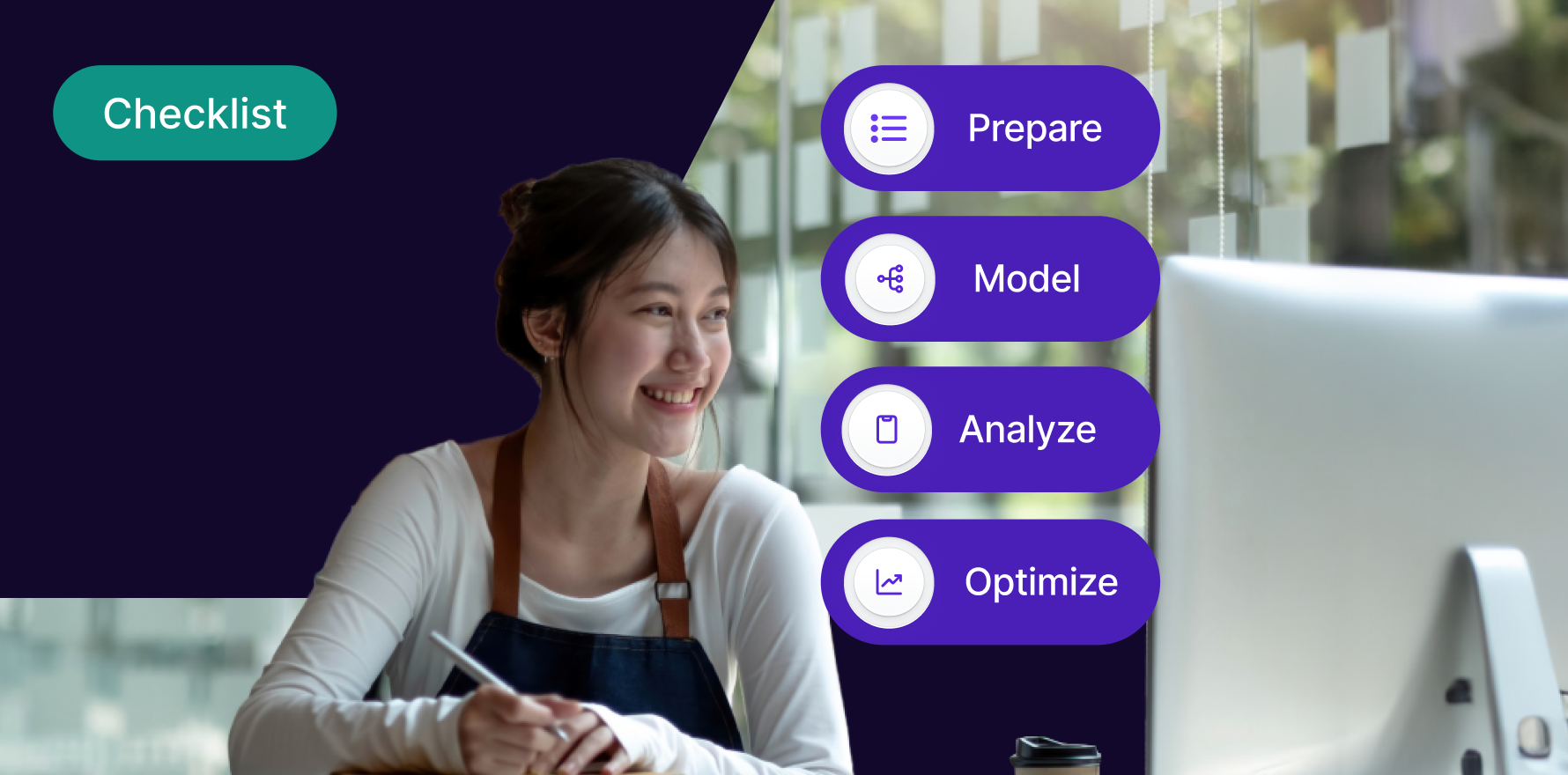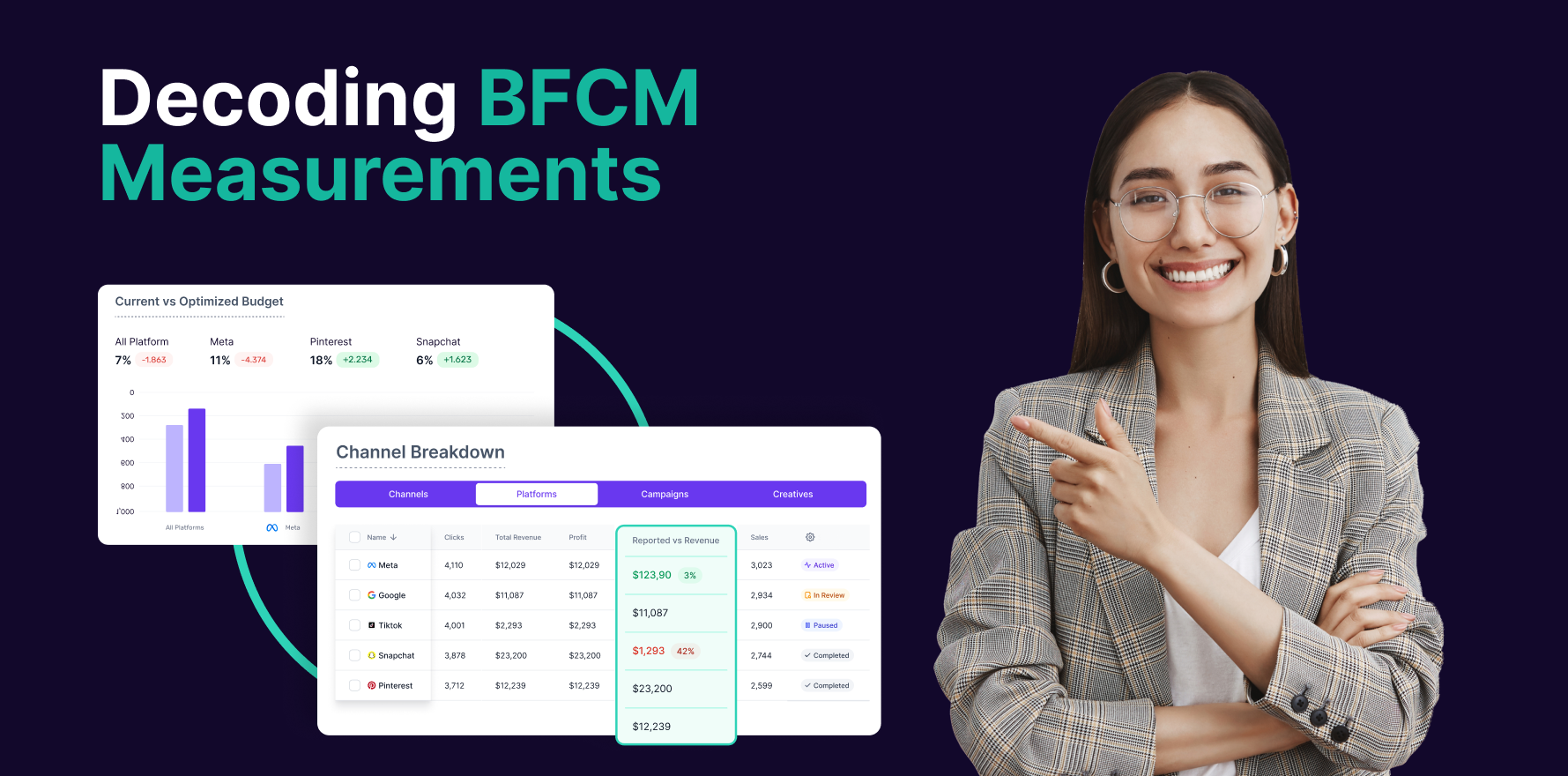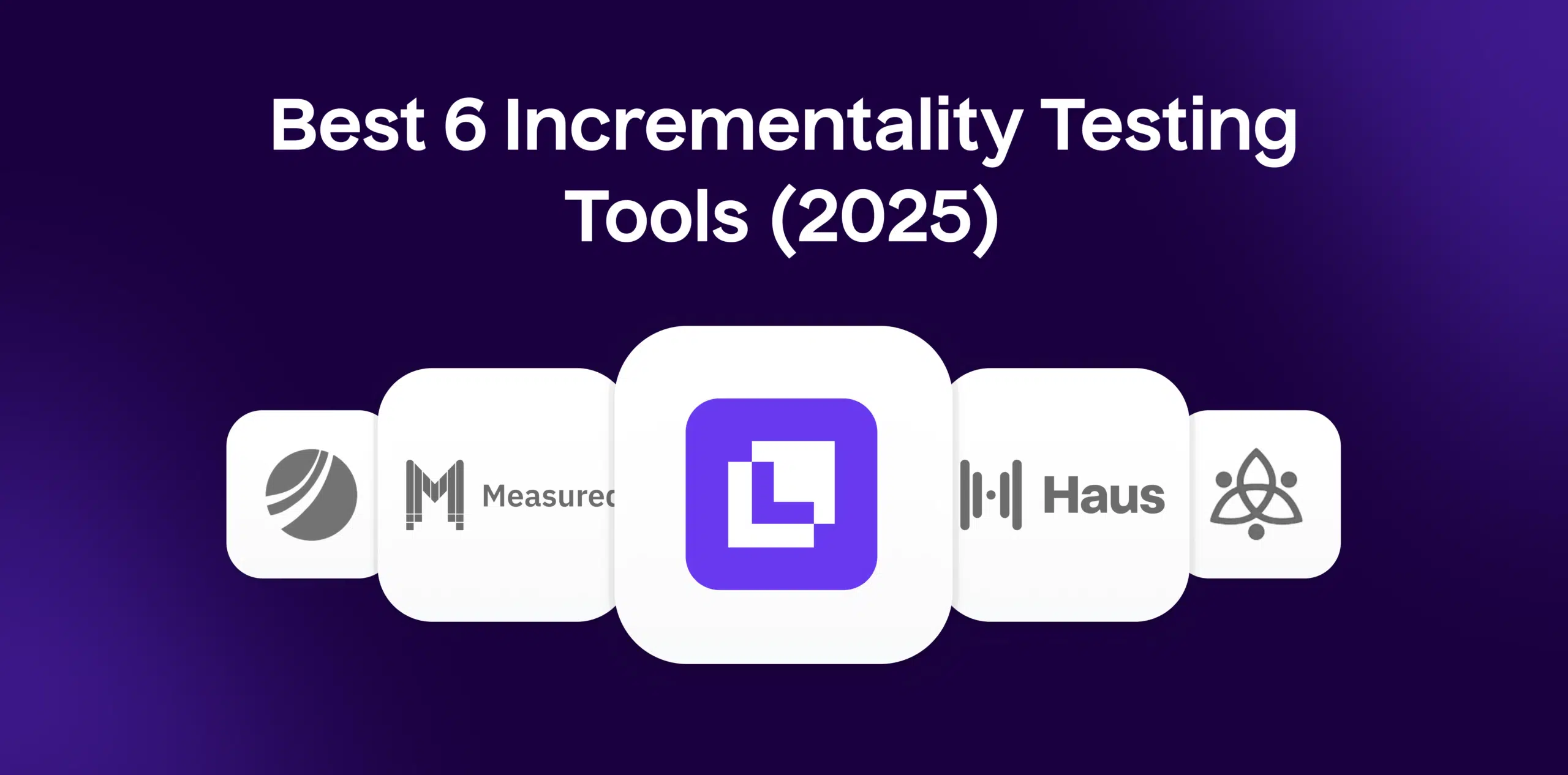What is Pages per session?
Pages per session is a crucial website analytics metric that helps online businesses analyze user behavior. In essence, it accounts for the average number of web pages a site visitor interacts with during a single session. The number does not change despite a user revisiting the same page within a session. Every web page, which a user lands on, contributes to the overall count of ‘pages per session’ until the user exits or the session times out, often after 30 minutes of inactivity.
Formula
Pages per Session = Total number of pages viewed / Total number of sessions
Example
If your website had a total of 1000 pages viewed in a day and there were 250 sessions, then your pages per session for that day would be: 1000 Pages / 250 Sessions = 4 Pages per session. This means, on average, each visit to your site resulted in 4 page views.
Why is Pages per session important?
Pages per session serve as a valuable indication of how engaging and relevant your website’s content is to users. A higher value suggests users find the content significant enough to explore other pages. It’s more likely these engaged users will lead to conversions and purchases.
Which factors impact Pages per session?
Numerous factors can impact pages per session, including your website’s load speed, the quality and relevance of your content, website design, ease of navigation, and the efficiency of your website’s search function.
How can Pages per session be improved?
Improving the Pages per Session metric can be achieved by creating high-quality, relevant content, improving the site’s navigation for a more seamless user experience, promoting related products or articles, and implementing a user-friendly website design.
What is Pages per session’s relationship with other metrics?
Pages per session primarily correlates with other user engagement analytics like bounce rate and session duration. Generally, a higher pages per session value corresponds with a lower bounce rate and longer session durations, suggesting a more engaged user base. It indirectly influences conversion rates, repeat visits, and customer loyalty.
Free essential resources for success
Discover more from Lifesight














